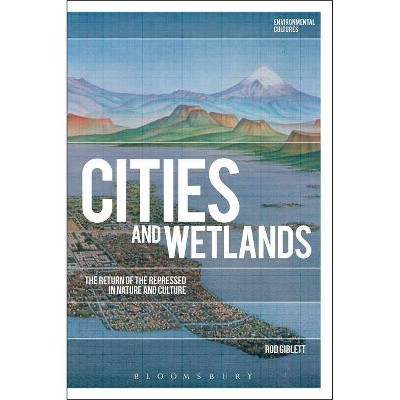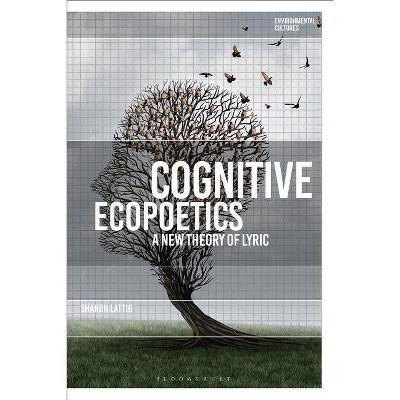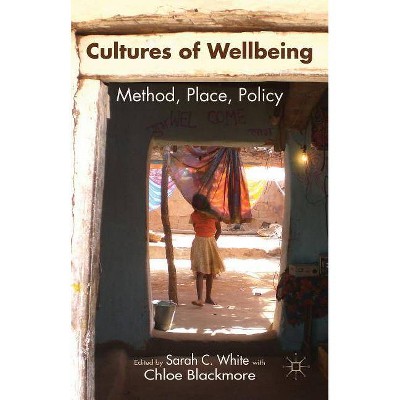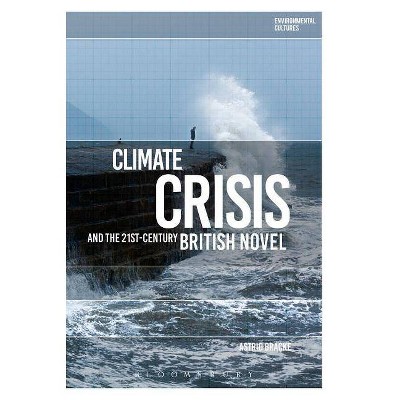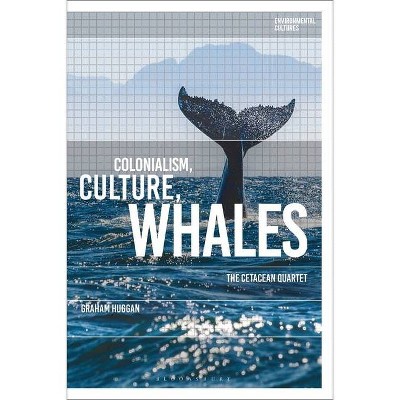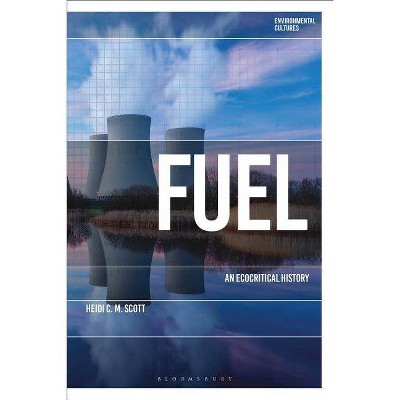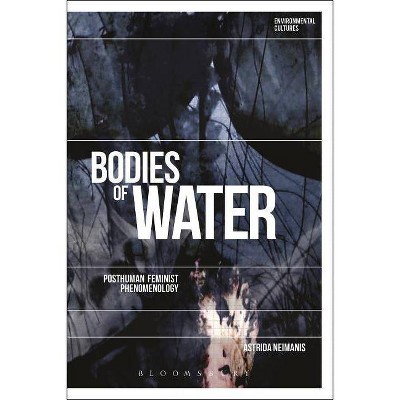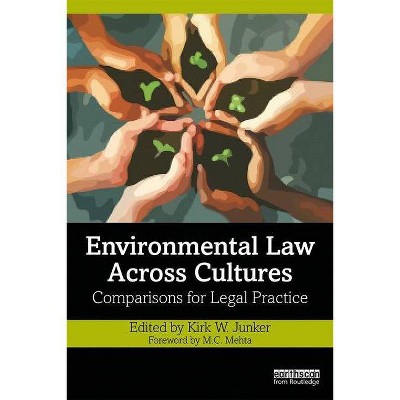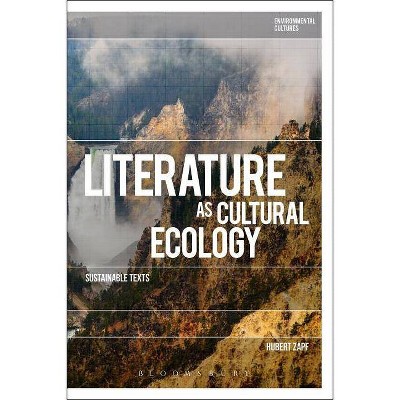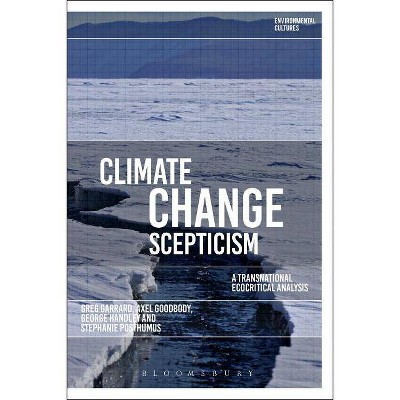Ecocollapse Fiction and Cultures of Human Extinction - (Environmental Cultures) by Sarah E McFarland (Hardcover)
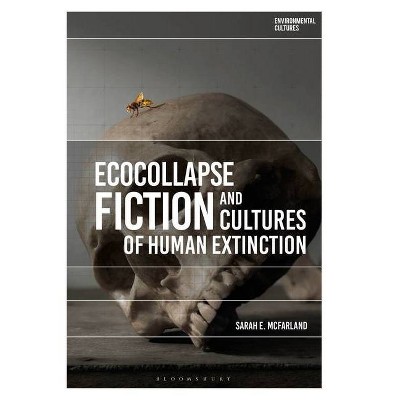
Similar Products
Products of same category from the store
AllProduct info
<p/><br></br><p><b> About the Book </b></p></br></br>"This work analyzes 21st-century realistic speculations of human extinction: fictions that imagine future worlds without interventions of as-yet uninvented technology, interplanetary travel, or other science fiction elements that provide hope for rescue or long-term survival. Climate change fiction as a genre of apocalyptic and post-apocalyptic writing usually resists facing the potentiality of human species extinction, following instead traditional generic conventions that imagine primitivist communities of human survivors with the means of escaping the consequences of global climate change. Yet amidst the ongoing sixth great extinction, works that problematize survival, provide no opportunities for social rebirth, and speculate humanity's final end may address the problem of how to reject the impulse of human exceptionalism that pervades climate change discourse and post-apocalyptic fiction. Rather than following the preferences of the genre, the ecocollapse fictions examined here manifest apocalypse where the means for a happy ending no longer exists. In these texts, diminished ecosystems, specters of cannibalism, and disintegrations of difference and othering render human self-identity as radically malleable within their confrontations with the stark materiality of all life. This book is the first in-depth exploration of contemporary fictions that imagine the imbrication of human and nonhuman within global species extinctions. It closely interrogates novels from authors like Cormac McCarthy and Yann Martel that reject the impulse of human exceptionalism to demonstrate what it might be like to go extinct"--<p/><br></br><p><b> Book Synopsis </b></p></br></br>This work analyzes 21st-century realistic speculations of human extinction: fictions that imagine future worlds without interventions of as-yet uninvented technology, interplanetary travel, or other science fiction elements that provide hope for rescue or long-term survival. Climate change fiction as a genre of apocalyptic and post-apocalyptic writing usually resists facing the potentiality of human species extinction, following instead traditional generic conventions that imagine primitivist communities of human survivors with the means of escaping the consequences of global climate change. Yet amidst the ongoing sixth great extinction, works that problematize survival, provide no opportunities for social rebirth, and speculate humanity's final end may address the problem of how to reject the impulse of human exceptionalism that pervades climate change discourse and post-apocalyptic fiction. <br/><br/>Rather than following the preferences of the genre, the ecocollapse fictions examined here manifest apocalypse where the means for a happy ending no longer exists. In these texts, diminished ecosystems, specters of cannibalism, and disintegrations of difference and othering render human self-identity as radically malleable within their confrontations with the stark materiality of all life. This book is the first in-depth exploration of contemporary fictions that imagine the imbrication of human and nonhuman within global species extinctions. It closely interrogates novels from authors like Peter Heller, Cormac McCarthy and Yann Martel that reject the impulse of human exceptionalism to demonstrate what it might be like to go extinct.<p/><br></br><p><b> Review Quotes </b></p></br></br><br>This book speaks to our generation's sense of precarity, our awareness that what we do to the planet we do to ourselves as well, like few others. McFarland's deconstruction of the myth of human exceptionalism is a crucial message for our species-it is a potential lifeline during the COVID-19 pandemic.<br><p/><br></br><p><b> About the Author </b></p></br></br><b>Sarah E. McFarland</b> is Professor of Literature and Theory at Northwestern State University of Louisiana, USA. She has published widely in the environmental humanities and critical animal studies, and she co-edited <i>Animals and Agency: An Interdisciplinary Exploration </i>(2008).
Price History
Price Archive shows prices from various stores, lets you see history and find the cheapest. There is no actual sale on the website. For all support, inquiry and suggestion messagescommunication@pricearchive.us
